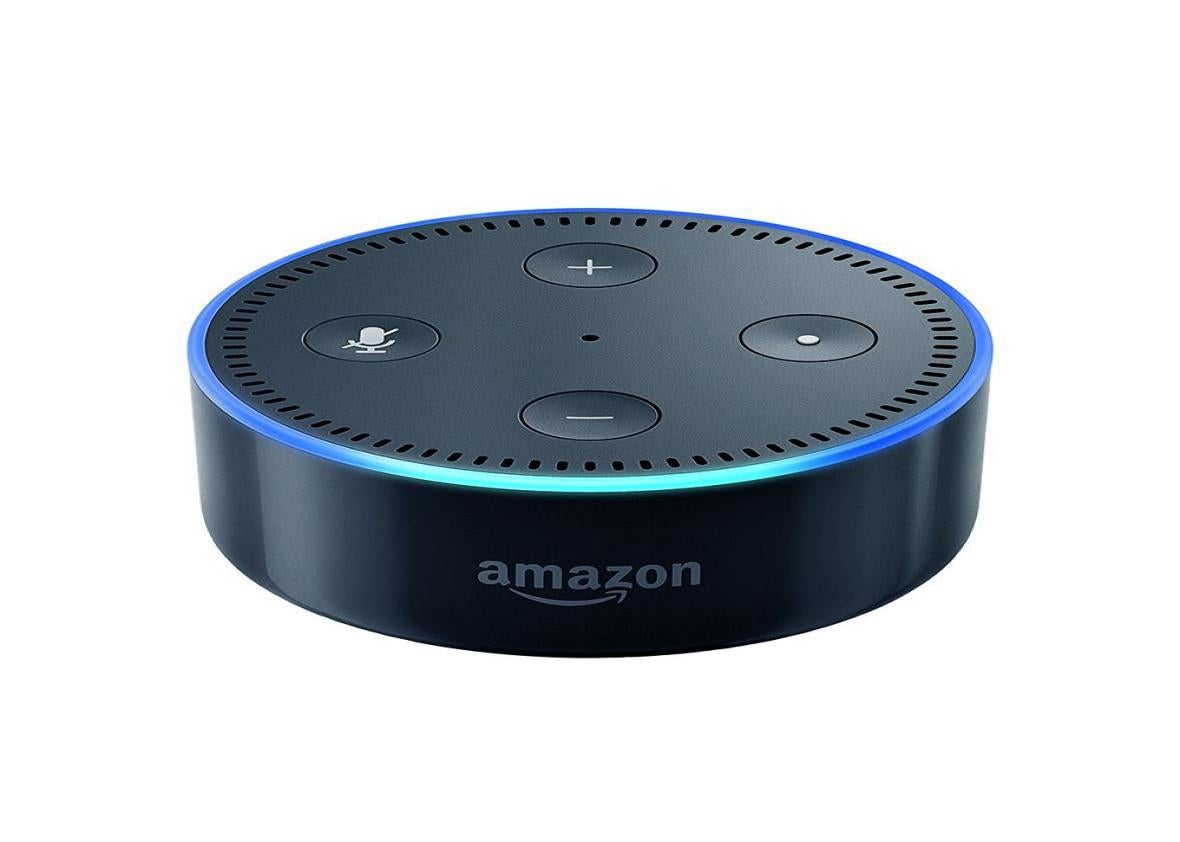Back in March, Amazon treated users of its Echo devices to a peculiar game, inviting them to solve the fictional murder of Bruce and Martha Wayne, Batman’s parents. That diversion was little more than a promotional tie in for Batman v Superman, but Amazon’s popular devices are now playing an important role in a real murder investigation.
In the Information, Tom Dotan and Reed Albergotti report that police in Bentonville, Arkansas, “issued a warrant to Amazon.com to turn over audio and other records from an Echo.” They were seeking information about a murder that had occurred in James Andrew Bates’ house, where the device was found. Bates has been charged in connection with the murder.
Amazon apparently “twice declined to hand over information the Echo transmitted to its servers.” Nevertheless, the police reportedly did glean some information directly from the device itself, though it’s not yet clear how useful that information was to their investigation. Dotan and Albergotti suggest that this “may be the first case of its kind,” but it’s ultimately hard to say, partly because Amazon has declined to provide information on government wiretap requests for the Echo in the past.
All of this matters in large part because the Echo is an always-on device, constantly listening in on speech around it. As Dotan and Albergotti note, the devices supposedly only record users’ voices when they speak a keyword or phrase. But as Will Oremus showed earlier this year, unexpected triggers can sometimes activate Amazon’s devices. Despite that, it’s unlikely that this one contains audio of the alleged murder, even if the act itself somehow occurred in proximity to it.
Unless someone just happened to ask Alexa to provide tips for ideal murder strategies, the real investigative value of the device may derive from other data it contains. It might, for example, demonstrate that the accused was in the house when the crime occurred. Indeed, Dotan and Albergotti note that data from another device in the house—a smart water meter—might be more useful to the investigators, since it shows “someone used 140 gallons of water between 1 a.m. and 3 a.m. at Mr. Bates’ house, a much heavier than usual amount.” As they go on to explain, “Prosecutors allege that was a result of Mr. Bates using a garden hose to spray down the back patio area from the blood.”
All of this should offer an important reminder that it’s not always wise to blindly commit to smart devices, even if you’re not planning criminal acts. In the name of providing us with easy access to information, they’re also collecting enormous amounts of information about us, information that can be put to surprising ends. As Oremus has put it, “A world of conversational machines is one in which we treat software like humans, letting them deeper into our lives and confiding in them more than ever.” Such privacy concerns, this case suggests, may well hold even for devices that aren’t explicitly designed to listen in on our lives.
